Bookshelf
This is the list of books I've read over the years; organized in reverse chronological order. I particularly recommend books with bolded titles.
-
The Box by Marc Levinson
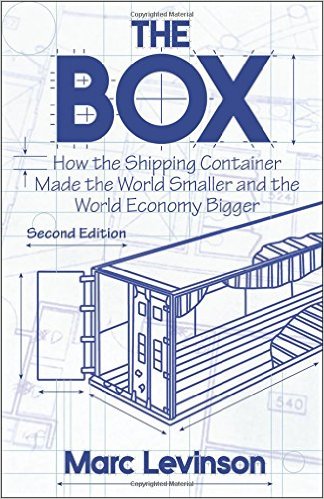
A thorough history of arguably the greatest innovation of the 20th century, the shipping container. Even an idea as revolutionary and powerful as the shipping container had many false starts before catching on. But once the train got moving nothing could stop it; not governments, not unions and not the established shipping industry. — 8/10
-
This Is How by Augusten Burroughs
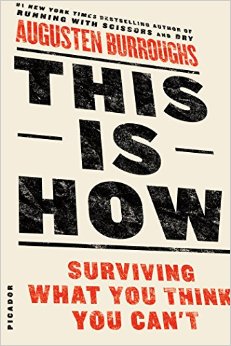
Part memoir, part meditation about dealing with the unthinkable and the overwhelming experiences in life. Augusten is a man who has endured a lot of sorrow in his life but reflects with courage to offer hope for others in similar situations. There were numerous ideas that challenged my existing beliefs and spawned further introspection. — 7/10
-
Deep Work by Cal Newport
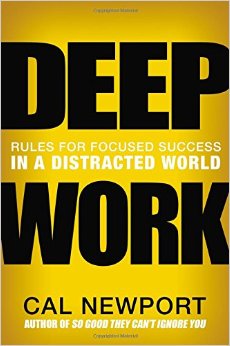
Cal puts forward a well-argued treatise that the ability to do deep, focused work is the single most valuable skill in the modern economy. He then lays out a comprehensive plan for developing and maintaining this ability if you don't yet have it. No other book in recent history has caused me to so thoroughly re-evaluate how I work. — 10/10
-
The Dictator's Handbook by Bruce Bueno de Mesquita et al.
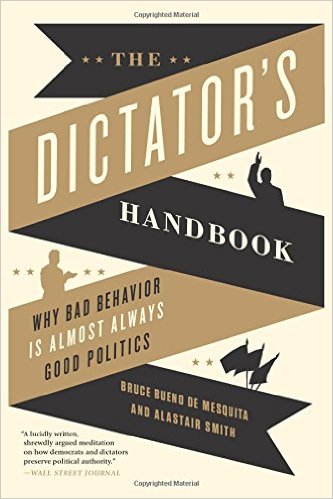
A fascinating look at political power; how you get it, how you keep it and how it shapes public policy. I cover more of my lessons from the book in my book review. — 10/10
-
Managing Oneself by Peter Drucker
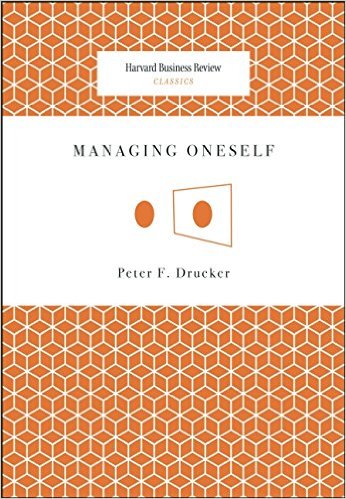
A surprisingly short book for such an important topic but it turns out it's not short because the advice is hard to come by but because the author is concise and direct in his writing. A simple set of tests to put yourself through to figure out what you should be doing and focusing on in your life and career. — 9/10
-
The Effective Engineer by Edmond Lau
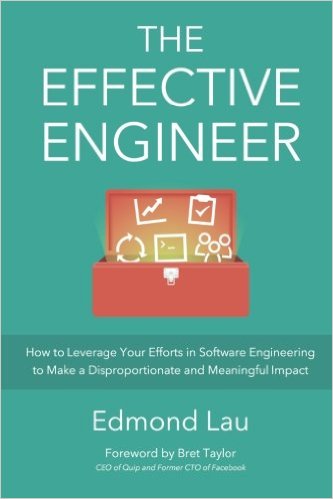
Edmond draws on his experience at companies of various sizes to paint a picture of what makes an engineer effective. I particularly liked the fact that he mixed high level ideas with specific examples of how he and his teams turned ideas into action and ultimately impact. Many of the ideas can even be extracted out of the engineering context and applied to non-engineering roles. — 8/10
-
Smartcuts by Shane Snow
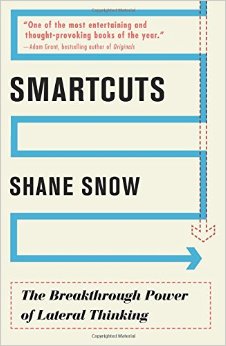
The central idea of this book is the "power of lateral thinking" an interesting concept that applies not just to one's career but many challenges in life. Combined with the ideas in "So Good They Can't Ignore You" you have a career philosophy that is a compelling divergence from the usual advice. This is a book whose ideas I think will grow on me over time and probably bears rereading in a year or two. — 7/10
-
The Little Book of Common Sense Investing by John C. Bogle
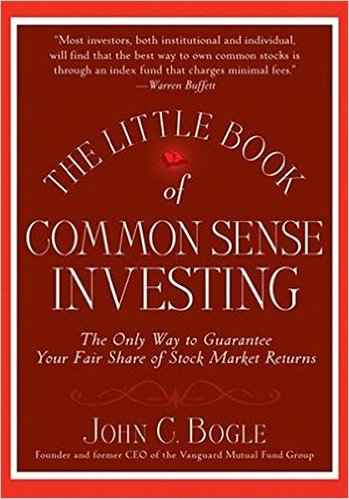
Authored by the founder of The Vanguard Group, the book lays out the case for index funds and why they're the cheapest and most consistant vehicle for long-term wealth accumulation. Far from most typical investment advice John doesn't make outlandish claims and there's no secret, just basic, easy to follow math. — 9/10
-
Start With Why by Simon Sinek
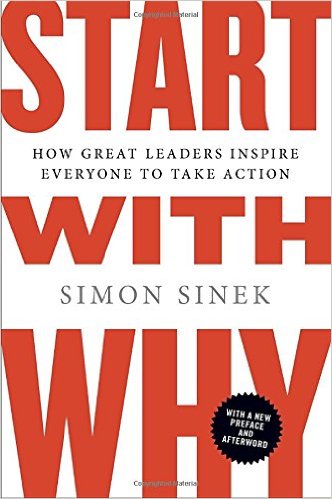
A blog post would have sufficed to cover this topic and despite its length not much in the way of new actionable advice was offered for leaders. One of the first things told to new leaders + managers is that in addition to need clear direction their acolytes need purpose. This book did not add much additional detail on top of that basic idea for me. — 3/10
-
The Only Rule Is It Has to Work by Ben Lindbergh & Sam Miller
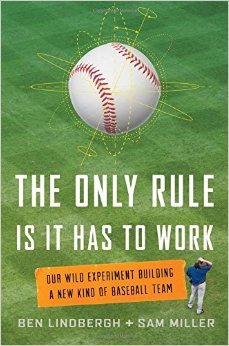
A fascinating tale of two stat wonks who decided to run a baseball team with Sabremetrics for a summer. Even if the data is clear and unambiguous the hardest part of any change is still managing the humanity involved. Deeply held beliefs are very resistant to change even in the face of good data. — 7/10
-
Give & Take by Adam Grant
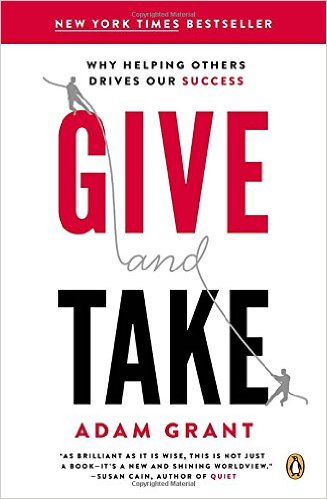
Some interesting lessons about giving without expecting anything in return; this book appears to be much more about building a network and strong relationships than it is about any sort of altruistic motive of giving as a life philosophy. — 7/10
-
So Good They Can't Ignore You by Cal Newport
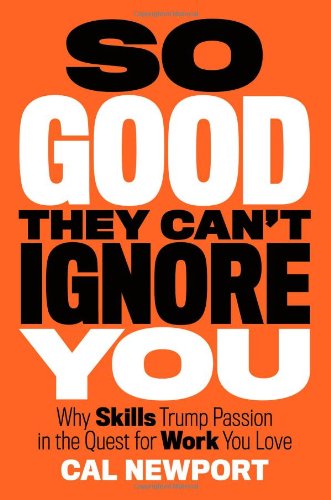
This book is filled with unorthodox opinions about how to build a rewarding career. It's presents a strong rebuke of the usual "make a career out of your passion" message that you typically hear growing up. Instead it provides a roadmap for building a rewarding career via hard work, expertise and personal freedom. — 10/10
-
Originals by Adam Grant
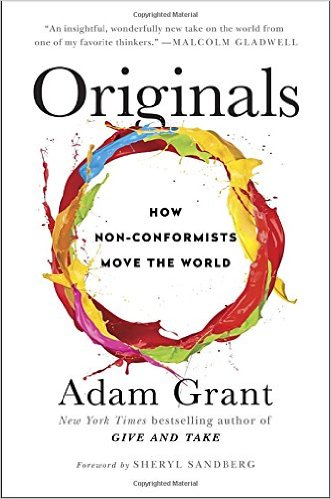
Lots of relevant material one could put into use right away to be more original and to gain acceptance of your own creative ideas. One thing that's really phenomenal about the book is the vast amount of social science research the Grant uses to back up his claims. — 6/10
-
Elon Musk by Ashlee Vance
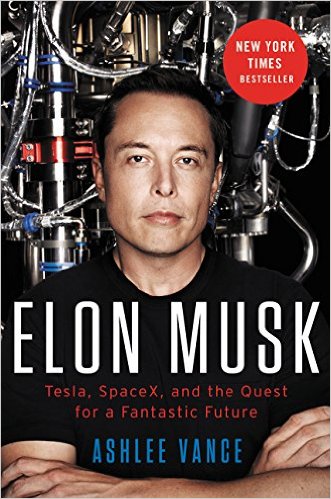
A book that makes you tired just reading about how hard Elon Musk works; putting into perspective the tenacity required to tackle some of society's biggest problems. It shows there's nothing glorious, enviable or easy about the road to success. An insipiration to push harder in pursuit of what you hope to achieve in life even if others don't believe you're capable or serious in your pursuits. — 10/10
-
Currency Wars by James Rickard
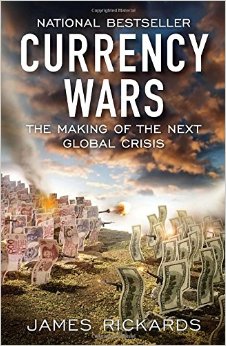
Most interesting part of this book was the touch on the history of currency wars and how they've always ended badly for all involved parties. Having studied economic history academically there weren't any new insights here and the heavy focus on the military aspect of currency wars in the introduction seemed disconnected from the rest of the book. — 4/10
-
Creativity, Inc by Ed Catmull
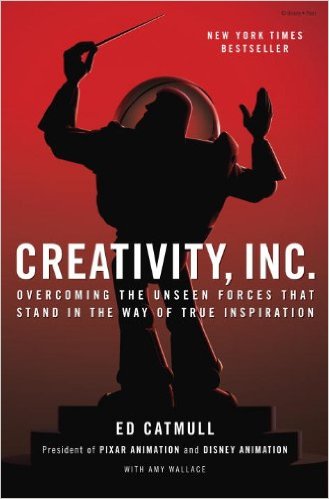
Doesn't just provide a list of actions to be taken but describes the philosophy used at Pixar and how to apply it to your own organization. Key themes include continuous candid feedback, ideas can come from anywhere and building an environment where creative individuals feel empowered to take risks. — 8/10
-
On Immunity by Eula Biss
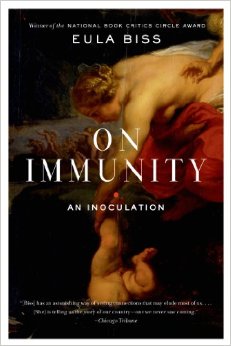
Grounded in both scientific and philosophical reasoning this book challenged the way I viewed my body as an independent physical being from those around me. I enjoyed the discussion of the historical influences that lead us to worry about putting foreign substance (read vaccines) in our bodies. A book that does not lend itself to easy summarization but is a worthwhile read. — 10/10
-
Life, on the Line by Grant Achatz et al.
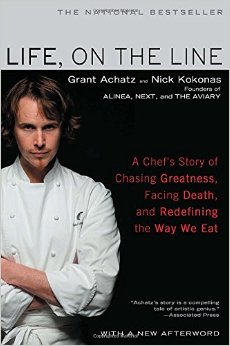
This book left me inspired by the drive Chef Achatz showed from when the accolades rolled in through the devstating news of having tongue cancer. It provided a sobering look at the personal sacrifices required to reach the summit of the culinary world. Really enjoyed the switch in narrative perspective between Chef Achatz and his business partner throughout the book. — 9/10